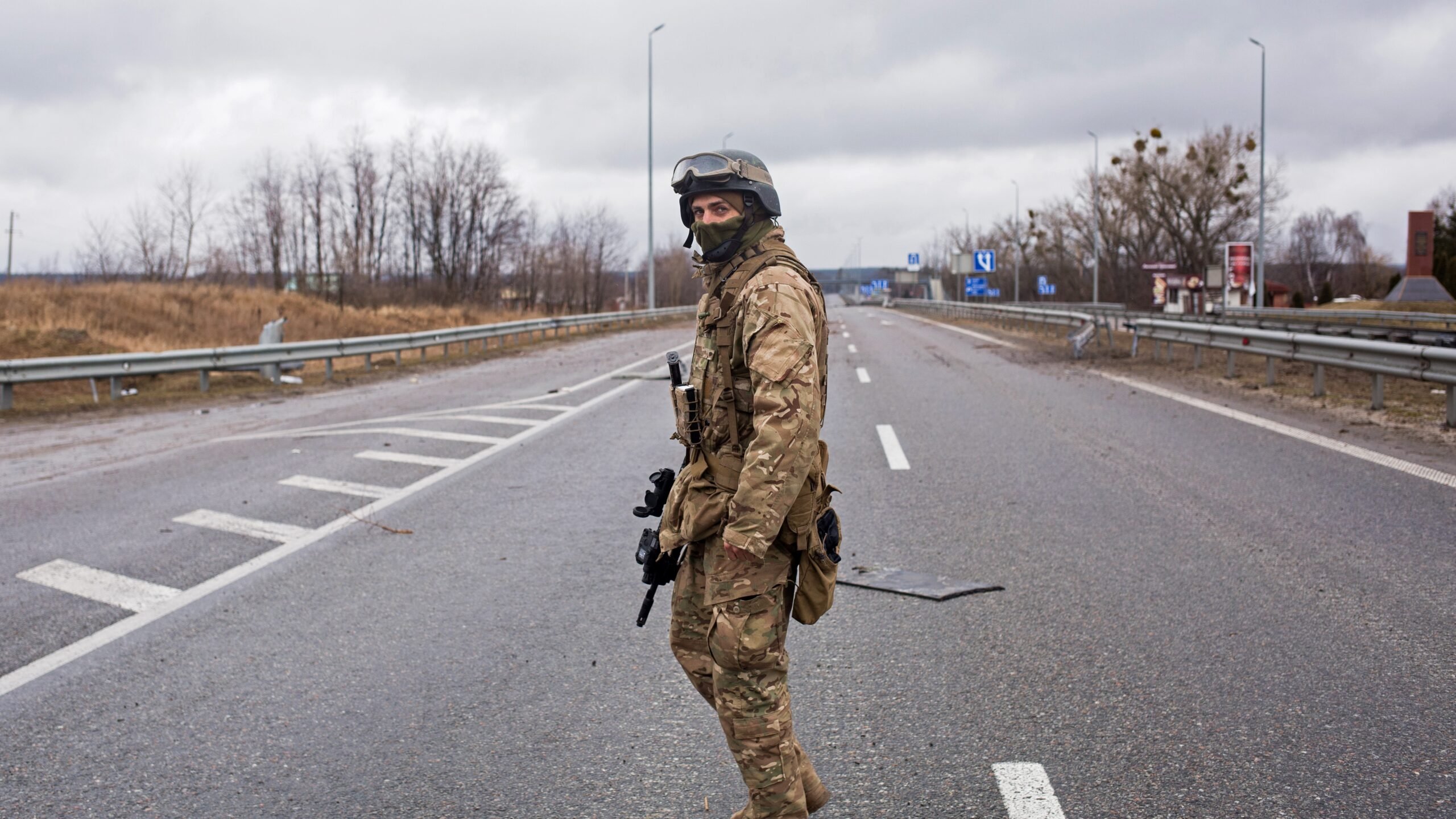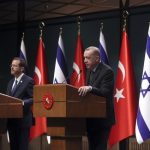The debate around the Russian invasion of Ukraine has brought with it a wide range of historical references, many of which centered around a certain chain of events that took place in the 1930s and led to World War II.
While I do not entirely agree with the conventional wisdom that history supposedly repeats itself, I do think it offers many teachable moments. There is one valuable lesson we can draw from post-conflict situations that I believe can help us better understand how we have gone from the end of the Cold War to the current crisis in Eastern Europe.
When you defeat an adversary, you have two viable options: Either you dictate harsh peace terms and therefore a humiliating post-war order, or you go relatively easy on your former enemies and opt for building a conciliatory relationship.
The wisdom of your choice depends on the particular circumstances of the case, including the extent of your ability and/or willingness to punish the vanquished. If you are planning on humiliating your opponents, it is always a good idea to dismantle them in a way to make sure they can’t recover from it, come back and seek to haunt you. If you can’t bring yourself to bear the cost of such an undertaking, you should instead leave them with some dignity to avoid creating a sense of resentment that could linger.
Taking any other path is probably a mistake. Such a mistake was made with regard to Germany after World War I. During the peace talks that ultimately produced the Treaty of Versailles, the French delegation, driven by vengeance over the devastation their country had just suffered, pushed for the most severe punishment possible, while Great Britain, rather anxious about the Bolshevik takeover in Russia, opted for relatively lenient treatment out of fear that the Germans, too, would slide towards communism.
The outcome was a recipe for disaster. Germany was left with its territorial integrity, uninvaded and infrastructurally intact since the war was not fought on its soil. At the same time, France partially got its way, and Berlin had to consent to a series of extremely harsh peace terms that entailed many years of ruthless humiliation. The Germans were left with all their potential and none of their dignity. And we all know what happened next.
Looking back at NATO’s eastward expansion that followed the collapse of the communist bloc, I cannot help but notice an eerie resemblance to the treatment of the Weimar Republic. Despite the breakdown of the Soviet empire and the incontestable defeat of communism, Russia was still Russia. It still had its chauvinistic sense of national pride and its nuclear arsenal as well as its centuries-long, deep-seated tradition of distrusting the West, which typically prompted it to build “buffer zones” around itself as a means of self-protection.
Titles and ideologies may change over time, but countries as actors rarely do. The Western post-Cold War strategy seems to be based on a tacit expectation for Russia to simply stop being Russia, in total disregard of the obvious continuities that characterized Russian foreign policy from the early days of the tsardom all the way to the Soviet invasion of Prague in 1968.
This naiveté, which inspired NATO’s open door policy to former Soviet republics, is obviously not the only thing that has led to the Russian invasion in Ukraine, but it has definitely contributed to the failure of the prior diplomacy since the alliance has been consistently unwilling to discuss a middle ground on Ukraine’s prospects of NATO membership that could have offered a way out of the current bloodshed. The wisdom of this diplomatic inflexibility was questionable given the glaring disparity between Moscow’s commitment and the limits of what the Western allies were prepared to do to counter it, which was aptly pointed out in an article by Harvard professor Stephen Walt back in February.
To be clear, NATO is above all a defensive alliance, and it has brought peace and stability to an extent that no past military alliance ever has. Its most remarkable feature is the famous collective defense clause, which fuels the entirely understandable Eastern European drive to adhere to it. But that is my personal perspective as someone whose country of origin was saved from Stalin’s grasp by its Western allies following World War II. When trying to resolve a real life dispute, however, it is always healthy to take adversaries’ perspective into consideration, especially if the issue represents a more vital interest for them and they are more prepared to flex their muscles.
Taking into account the fact that Russia does not and will never perceive NATO the way we do in Brussels, London or Washington, or in a way we want them to, does not mean justifying Putin’s actions or blaming the war on the alliance. It is simply recognition of a reality that needs to inform Western strategy.
Compromise is always counter-intuitive and unsavory, but when appropriate it can save more lives than empty posturing and non-military gestures that fall short of altering facts on the battleground.
For the Kremlin, things do not so far look auspicious. The invasion appears to have bogged down for the Russian troops involved; there is evidence to suggest that the war is not extremely popular among Russians; and the plethora of economic sanctions announced one after another by Western capitals is bound to take a heavy toll on the Russian economy and perhaps further erode the popularity of Putin, who has started to display certain symptoms of bunker mentality.
Yet, it is safe to assume that none of these will suffice to make Russia stop being what it has been for so many centuries and finally convince Moscow to share our favorable view of NATO’s eastward expansion. More importantly, none of these are actually helping the people of Ukraine, who continue to suffer under the violent assault.
By:Ali Dinçer
Ali Dinçer lives in Belgium and previously worked for the Turkish Ministry of Foreign Affairs.
Source:Turkish Minute
***Show us some LOVE by sharing it!***



